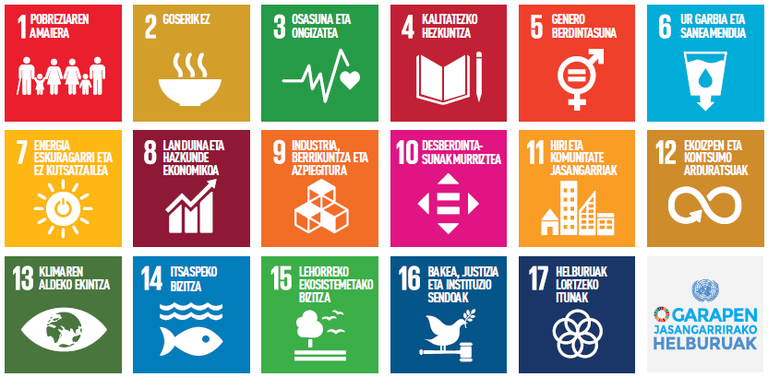They propose to consider the interrelationships of the Sustainable Development Goals

Today, no country in the world will achieve the Sustainable Development Goals (SDGs) by 2030. This has been confirmed by a study conducted by researchers from the Autonomous University of Mexico. In addition, they have observed that some of the objectives reinforce or encourage others, but the opposite is also true, that supporting certain objectives is detrimental to others. The study has been published in the open journal PLOS ONE.
The Sustainable Development Goals (SDGs) are 17 goals set by the United Nations that together seek peace and prosperity for people and the planet. To analyze its evolution, the indicators and welfare indices determined by the UN have been analyzed through artificial intelligence, over a period of more than 20 years, and in 107 countries.
The result has shown that the objectives are interrelated, and that this relationship is sometimes synergistic, but sometimes the opposite. For example, climate action goals and responsible consumption and production are mutually supportive, but negatively correlated with the other 15 goals, suggesting that the current economic system interferes with climate action goals. On the other hand, the goal of eradicating poverty seems to be synergistic with most other goals.
No country appears to be on track to meet the 17 targets by 2030. However, if countries are grouped according to geographical, cultural and socio-economic factors, they appear to be making progress separately on a number of objectives. For example, the countries of Africa and Asia (with the lowest GDP) have little progress in eradicating poverty, gender equality and the goals of good health and well-being, but have the greatest advances in climate action and responsible consumption and production.
Taking these results into account, the researchers propose to develop a different approach to achieving the SDGs, taking into account the regions and the relationships between the objectives.
Buletina
Bidali zure helbide elektronikoa eta jaso asteroko buletina zure sarrera-ontzian











